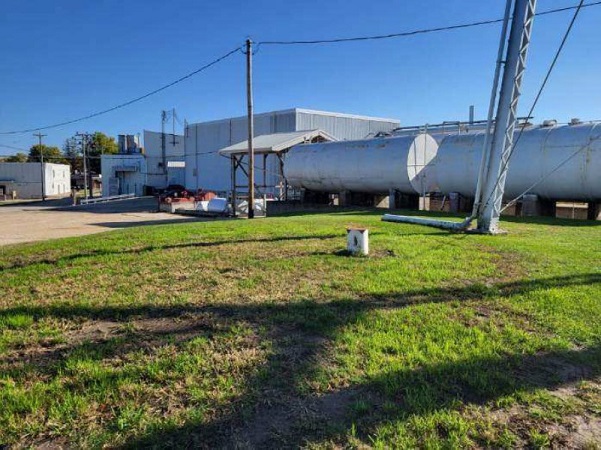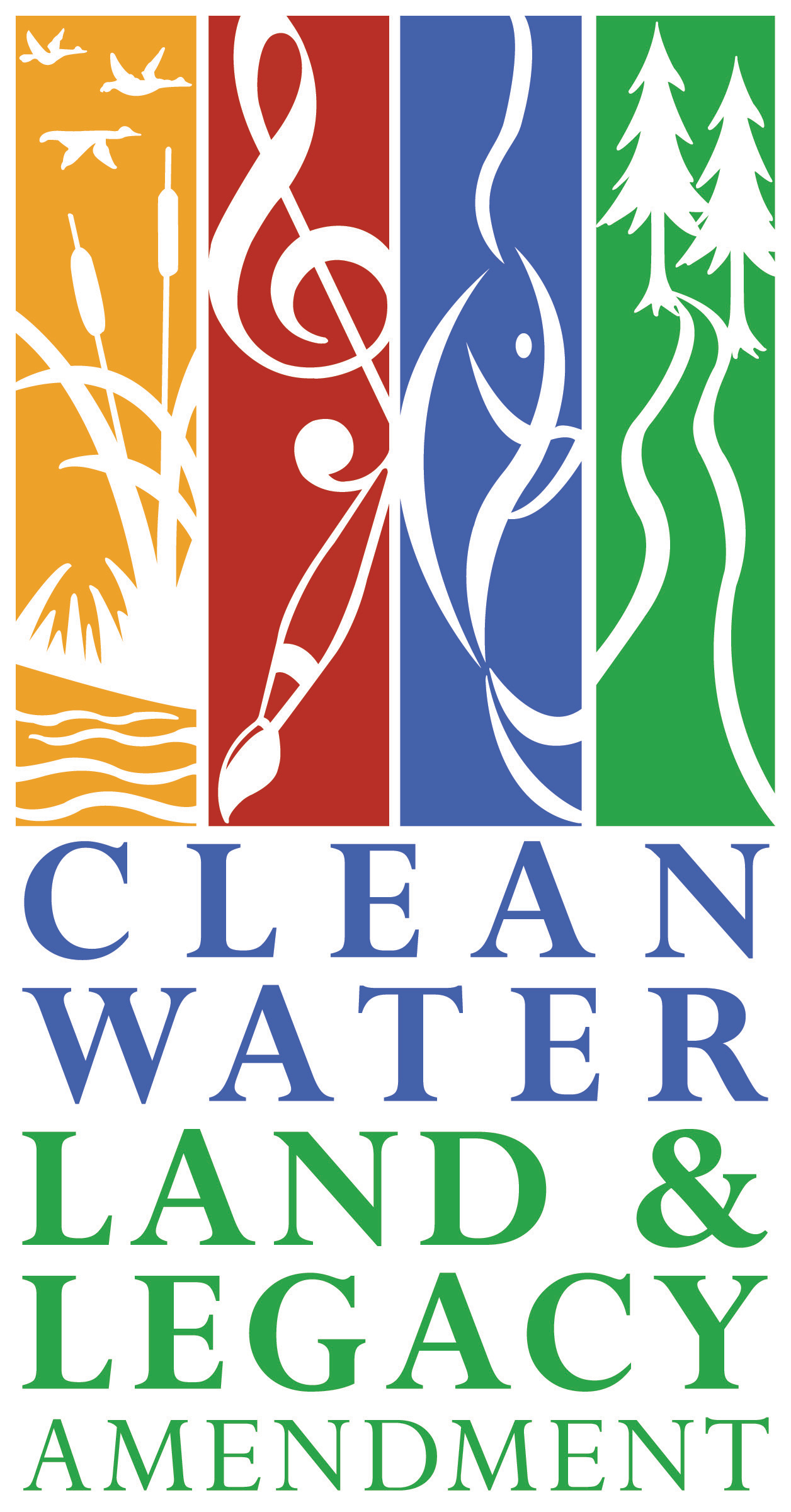Source Water Protection (SWP)
- SWP Home
- Protecting Drinking Water Sources
- SWP Requirements and Recommendations
- SWP Grants
- Groundwater Protection Initiative - Accelerated Implementation Grant
- SWP Awards
- Laws and Rules
- SWP Web Map Viewer
- Surface Water Program
- SWP Reports and Data
- SWP Implementation Resources
- Source Water Assessments
- Stories from the Source
Related Topics
- Water: Business and Government
- Drinking Water Information for Consumers
- Water Testing and Data Reports
- Minnesota Well Index
- Clean Water Fund
Environmental Health Division
Combating Nitrate Contamination for Drinking Water Protection in Altura
Stories from the source

The city of Altura is a public water system in Winona County. Its wells are highly vulnerable and two of them have had consistently high levels of nitrate over the past 10 years. The city is actively addressing potential contamination sources within its vulnerable Drinking Water Source Management Area (DWSMA). To reduce nitrate levels, Altura has conducted several projects collaborating with various state agencies to protect its community.
The city of Altura is partnering with Minnesota Department of Health (MDH), Minnesota Department of Agriculture (MDA), and Minnesota Rural Water Association (MRWA) to develop an amended its Wellhead Protection Plan to reduce nitrate levels in the area. The Minnesota Department of Agriculture formed a local advisory team to identify and implement practices to decrease nitrate leaching from agricultural lands within the city’s DWSMA. The city also worked with Minnesota Department of Health and Minnesota Rural Water Association to identify potential sources of contamination that may affect drinking water sources.
Unsealed wells can be a source of contamination to the groundwater supply. With help from MRWA and MDH, Altura searched for the exact location of the original city well. The city applied for an MDH Source Water Protection Plan Implementation Grant in Fall of 2015 for an initial amount of $3,000 to locate the well. Once the well was located, they discovered obstructions that would need to be removed to seal it properly and received an Implementation Grant in Fall of 2016 of $9,825 to remove the debris. In Spring of 2018, the city received an additional Implementation Grant of $2,500 and successfully sealed the well. The potential source of contamination was eliminated, and by performing the well-sealing project in stages, the city covered the total cost through grant funding. MDH source water protection grants are made possible through the Clean Water Fund.
Altura is currently in the process of sealing an old municipal well through the Drinking Water Subgrant portion of the Board of Water and Soil Resources (BWSR) Projects and Practices Clean Water Funds. Winona County was the applicant for this project on behalf of the city. The grant application tied together well sealing work to be performed in Altura’s Wellhead Protection Plan, Winona County Water Plan, and the Win-Lac One Watershed One Plan comprehensive watershed management plan. The multi-aquifer well was about 700 feet deep and located close to one of Altura’s primary wells. If left unsealed, the well could be a risk to the drinking water supply as well as the Prairie due Chien, Jordan, St. Lawrence, Tunnel City and Lone Rock, and Wonewoc aquifers. The city was awarded $68,000 to seal an old municipal well with a 25% match. The city was able to produce the 25% match through administrative costs and the use of city equipment and staff for site preparation and cleanup. Altura also used a portion of this grant to create an educational video of the well-sealing process.
Additionally, the city participated in the MDH Source Water Protection Grants Program to improve the resiliency of its drinking water system. For example, Altura needed a backup generator to help ensure potable water would continue to be provided to the community in an emergency or power outage. The city applied for a combination of Plan Implementation and Competitive Grants to complete this project to purchase and connect to a backup generator. Altura is leading as an example in protecting their drinking water sources from nitrate contamination through their collaborative efforts with Winona County, MDH, MDA, and MRWA. Their projects to remove potential sources of contamination and improve the resiliency of their public water system demonstrate a commitment to protecting their community.
